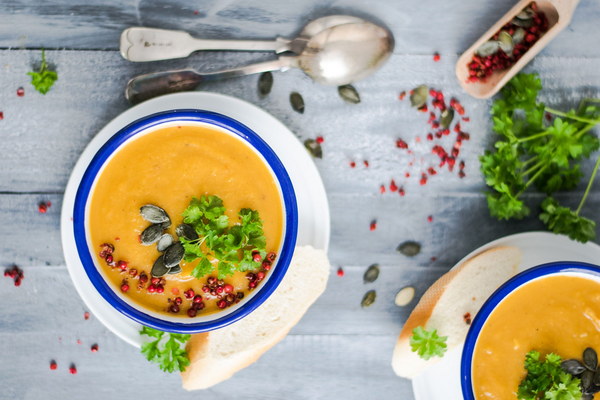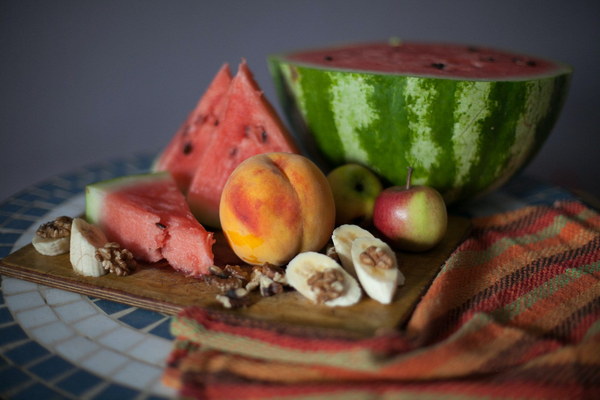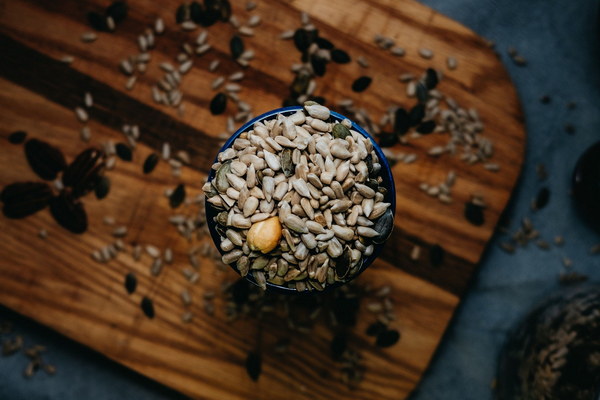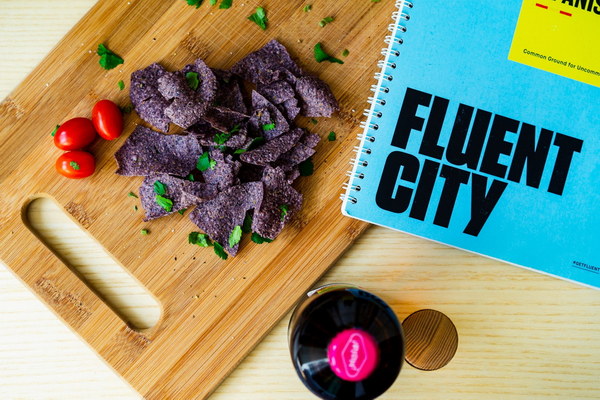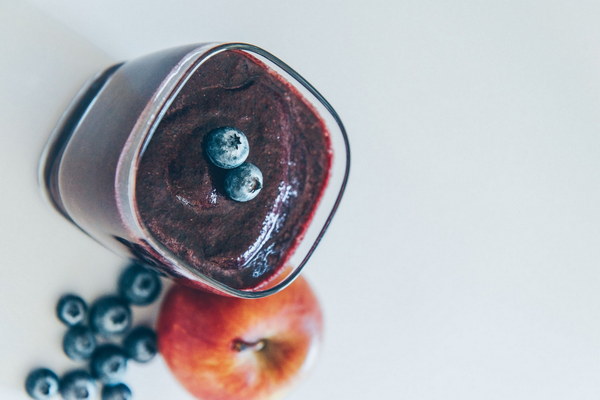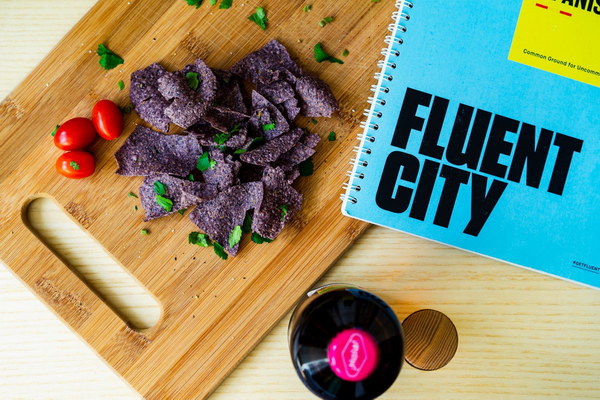Discover the Renal-Boosting Diet for Parakeets What to Feed Your Pet for Optimal Health
Parakeets, known for their vibrant colors and playful nature, are delightful pets to have at home. However, like all creatures, they require a balanced diet to maintain their health and vitality. One important aspect of a parakeet's diet is ensuring that it provides renal support. So, what do parakeets eat to boost their kidneys? In this article, we'll explore the best foods that can help your feathered friend maintain optimal kidney health.
Firstly, it is essential to understand that the kidneys play a crucial role in filtering waste products and excess substances from the blood. When these organs are not functioning properly, it can lead to various health issues. By providing your parakeet with the right diet, you can help prevent kidney problems and ensure a happy, healthy life for your pet.
1. Fresh Vegetables and Fruits
A diet rich in fresh vegetables and fruits is beneficial for your parakeet's kidneys. These foods are low in phosphorus, which can be harmful in excessive amounts. Some kidney-friendly vegetables and fruits include:
- Carrots: High in beta-carotene, which is converted to vitamin A in the body, carrots are an excellent choice for your parakeet.
- Apples: Apples are a good source of fiber and vitamins, but be sure to remove the seeds before feeding them to your pet.
- Leafy greens: Spinach, kale, and romaine lettuce are high in nutrients and low in phosphorus, making them perfect for your parakeet's diet.
- Blueberries: These small fruits are rich in antioxidants and have been shown to support kidney health.
2. Seeds and Grains
While seeds and grains should not make up the majority of your parakeet's diet, incorporating them in moderation can be beneficial. Choose seeds and grains that are low in phosphorus and high in protein, such as:
- Millet: Millet seeds are a great option for your parakeet, as they are high in protein and low in phosphorus.
- Oatmeal: Cooked oatmeal is a nutritious treat for your parakeet, providing essential nutrients without overloading the kidneys.
- Quinoa: This gluten-free grain is high in protein and fiber, making it an excellent choice for your pet.
3. Specialized Diets
Commercial kidney-support diets are available in the market, specifically formulated to support kidney health in parakeets. These diets often have lower levels of phosphorus and higher levels of omega-3 fatty acids, which can help reduce inflammation and support kidney function. Consult with your veterinarian to determine if a specialized kidney diet is suitable for your parakeet.
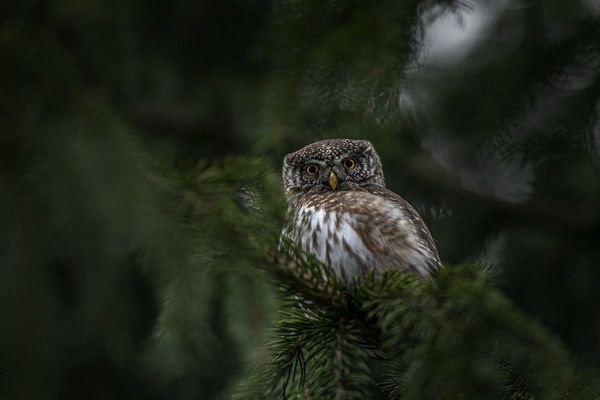
4. Water
Proper hydration is essential for maintaining kidney health. Ensure that your parakeet always has access to fresh, clean water. You can encourage your pet to drink more water by placing several water bowls around the cage and adding ice cubes for a refreshing treat.
5. Avoid These Foods
Certain foods can be harmful to your parakeet's kidneys. It is best to avoid or limit these foods in your pet's diet:
- Processed seeds: Processed seeds often contain high levels of phosphorus and additives that can be harmful to your parakeet's kidneys.
- Citrus fruits: High in phosphorus, citrus fruits can be damaging to the kidneys.
- Salt: Excessive salt can lead to dehydration and kidney strain.
In conclusion, providing your parakeet with a balanced, kidney-friendly diet is essential for maintaining its overall health. By incorporating fresh vegetables and fruits, seeds and grains, specialized diets, and ensuring proper hydration, you can help support your pet's kidney function. Always consult with your veterinarian for personalized advice on your parakeet's diet and health needs. With the right nutrition, your feathered friend will thrive and live a long, happy life.

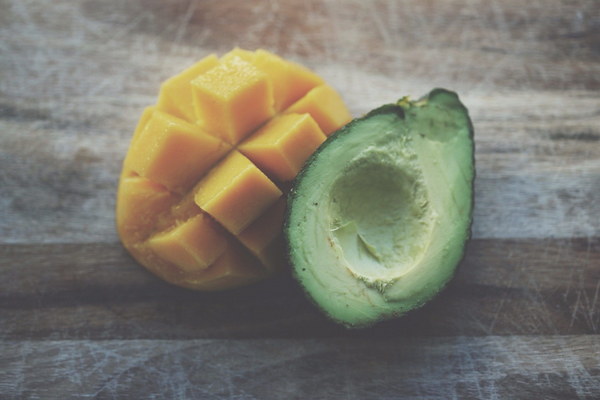
![Revolutionize Your Skincare Routine with the Ultimate Beauty Device from [Brand Name]](http://img.bluepurple.cn/a/养生/305/Revolutionize-Your-Skincare-Routine-with-the-Ultimate-Beauty-Device-from-Brand-Name.jpg)
